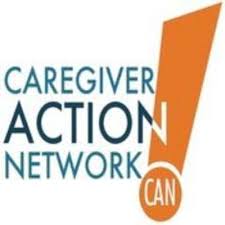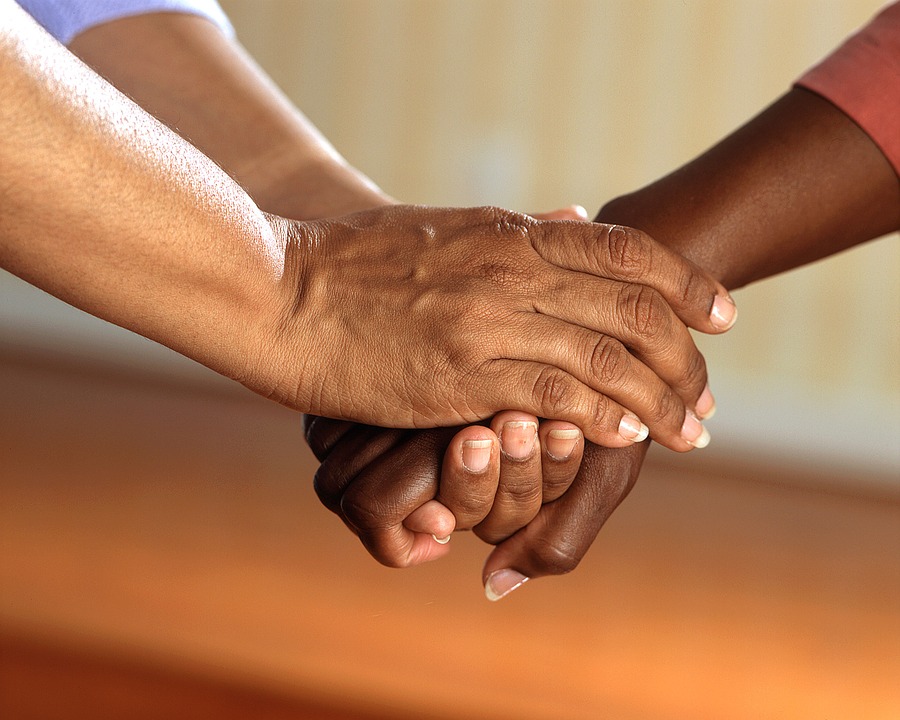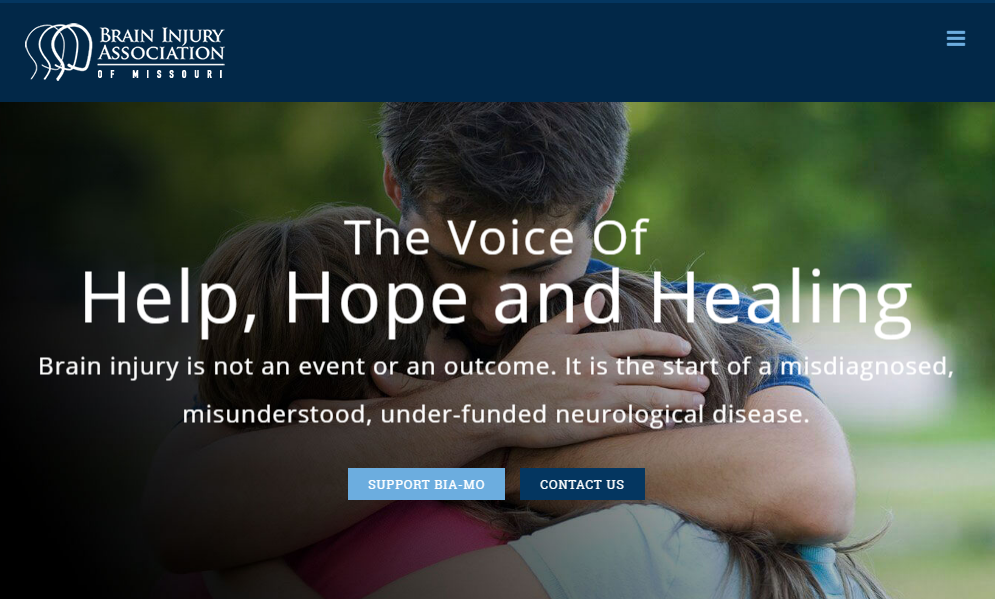A Life Worth Fighting For

By Samantha Smith, Public Relations Director/Newsletter Editor at G-PACT
No one ever expects something like the ability to eat to be taken away from them. You never expect to go to a family function and have to watch everyone around you eat, while you quietly sit there trying not to resent them. No one ever expects food to turn on them.
Accepting a New Normal
Gastroparesis isn’t a disease I’d wish on anyone. It’s been about four years since I was diagnosed, and I’ve been through many ups and downs with it. I’ve been bitter about not eating, I’ve accepted my new normal, I’ve unaccepted my new normal, I’ve been malnourished, I’ve been stable….its been years of being on a roller coaster I really don’t want to be on.
Gastroparesis can take a lot from you. It comes into your life like a storm, and smashes everything in its path. It doesn’t care what you wanted, it doesn’t care that you had plans, or REALLY wanted to live a normal life; it’s here and has no plans of leaving. It’s taken a lot from me, but I’ve also learned a lot in the last few years.
Gastroparesis is different for everyone; some can manage on diet changes and medication. Some need alternative forms of nutrition, such as total parenteral nutrition (TPN) or tube feeds. Some have surgeries such as G-POEM, pyloraplasty, or a gastric stimulator placed. There aren’t many options for those living with this disease. If you’re like me, you’ve tried it all. In the beginning, you don’t know what you can or cannot eat, and it’s a really frustrating system of trial and error. You learn very quickly what doesn’t work, and what does.
At my worst, I was on TPN. I was terrified of what my future held. I was so exhausted and malnourished, I felt useless. While on TPN, I was septic twice. I had a feeding tube surgically placed. There were many nights I wondered if I’d wake up the next morning. I realized that the life I had envisioned for myself was gone, and I needed to accept that. This was my new normal.
Gratitude, Persistence and Advocacy
As much as I hate my new normal, gastroparesis did give me a couple things. It showed me how strong I am. It taught me to get back up after getting knocked down. Some days I stayed down a little longer than I wanted, but I always got back up. I don’t take ANY bite of food for granted; I’m thankful for every bite I can keep down without pain. It taught me the meaning of resilience.
Gastroparesis isn’t going anywhere, and as much as I wish it would magically disappear so I can eat a burger again, it’s here to stay. I’ve learned to listen to my gut (ha!) and advocate for myself. After all, I have to live in this body, so I’m going to do what’s best for it. I get to use my voice, my experiences, and my entire journey as a tool to help others.
An Impact with G-PACT
With gastroparesis, my life has been opened up to what it really means to advocate and bring awareness to this disease. My desire to help and make a difference brought me to volunteering with G-PACT, a non-profit that provides services and information to those with digestive tract paralysis diseases (including gastroparesis, chronic intestinal pseudo-obstruction and colonic inertia).
Gastroparesis highlighted my purpose. Sure, my life isn’t where I pictured it. I never thought tube feeds, needles, medicine, doctor appointments, ER visits, or surgeries would be part of my normal. I never expected to have to fight for my life, but I do. Not just because I have to, but because my life is worth fighting for.
G-PACT is a 501(c)(3) non-profit organization which provides services to patients who have a digestive tract paralysis including gastroparesis, chronic intestinal pseudo-obstruction, and colonic inertia. We reach out to over 35 countries and all 50 states. We focus on a variety of options and provide services and information completely free of charge. All of our staff are volunteers, so 100% of donations go to support our activities.
Editors note: Allsup helps individuals living with gastroparesis and other disabilities apply for SSDI and return to work.
Allsup
Related Articles

Uncategorized
Helping Family Caregivers With What They Need to Know

Uncategorized
Understanding MS and Disability Benefits

Uncategorized
BIA-MO Gets Real about Brain Injury Awareness

